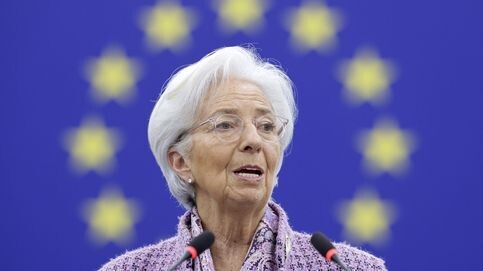
The Consumer Price Index (CPI) rose by 0.4% in February compared to the previous month and increased its year-on-year rate by one-tenth to 3%, its highest value since last June when it was at 3.4%, according to definitive data published this Friday by the National Institute of Statistics (INE).
Food prices have accelerated again, reaching a year-on-year rate of 2.2%, four-tenths more than in January. Monthly, the CPI increased by 0.4% in February, two-tenths more than it increased in January. Meanwhile, the harmonized CPI (HICP) remained at 2.9% in February in year-on-year terms and increased by 0.4% in monthly values.
With the rise in February, inflation has accumulated five consecutive months of monthly increases. The monthly rise in CPI is due to price increases in hotels, cafes, and restaurants by 0.7%, as well as in the transport group by 0.6% due to the rise in prices of fuels and lubricants for personal vehicles and their maintenance and repair.
Regarding core inflation, it decreased by two-tenths in February to 2.2%, eight-tenths below the general index and the lowest rate since December 2021, which was also 2.1%. The Ministry of Economy, Trade, and Industry has highlighted that the rise in inflation in February is fundamentally explained by the increase in electricity, while it emphasizes the decline in core inflation to its lowest rate in more than three years.
As for the sectors that affected inflation in February, the housing group increased its year-on-year rate by two points, reaching 9.8%, due to the rise in electricity prices, while the transport group cut its year-on-year rate by one point to 0.3%, influenced by the prices of fuels and lubricants for personal vehicles.
The European Central Bank (ECB) raised its inflation forecast for 2025 to 2.3% and reduced growth in the Eurozone's Gross Domestic Product below 1% in 2025, due to "high uncertainty" in trade policies. In a context of international uncertainty, Spain maintains notable economic growth among the major economies in the Eurozone, compatible with price moderation and the increase in citizens' purchasing power.














